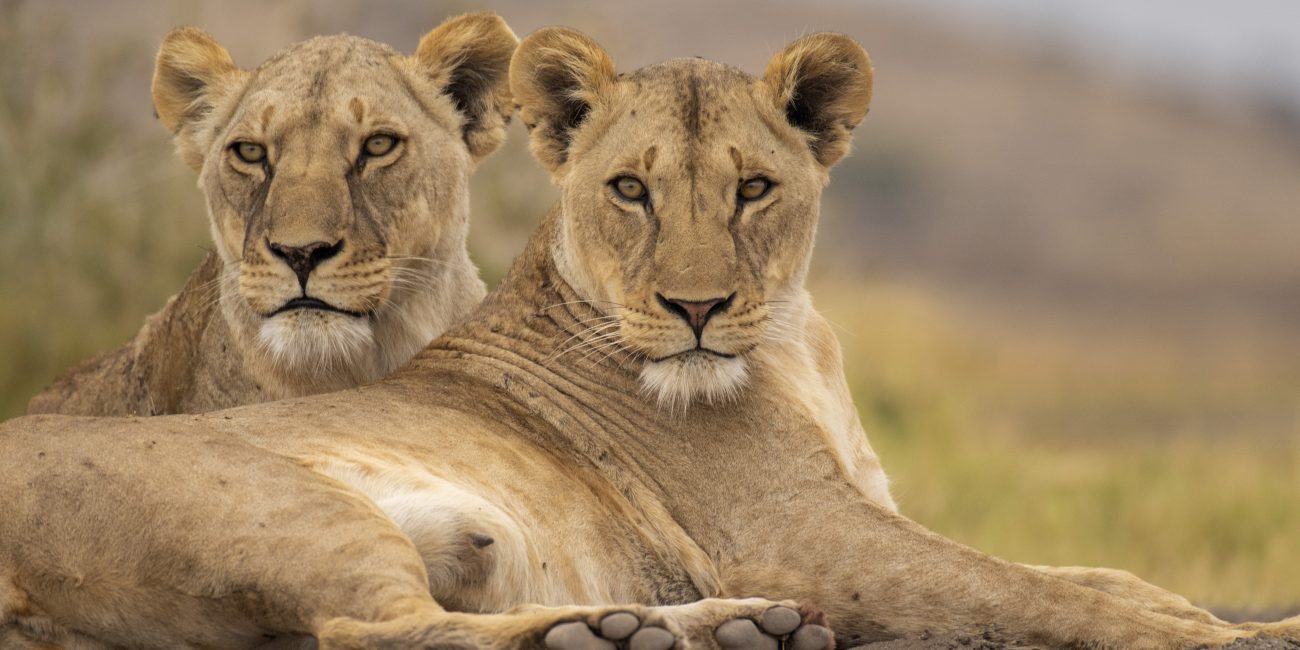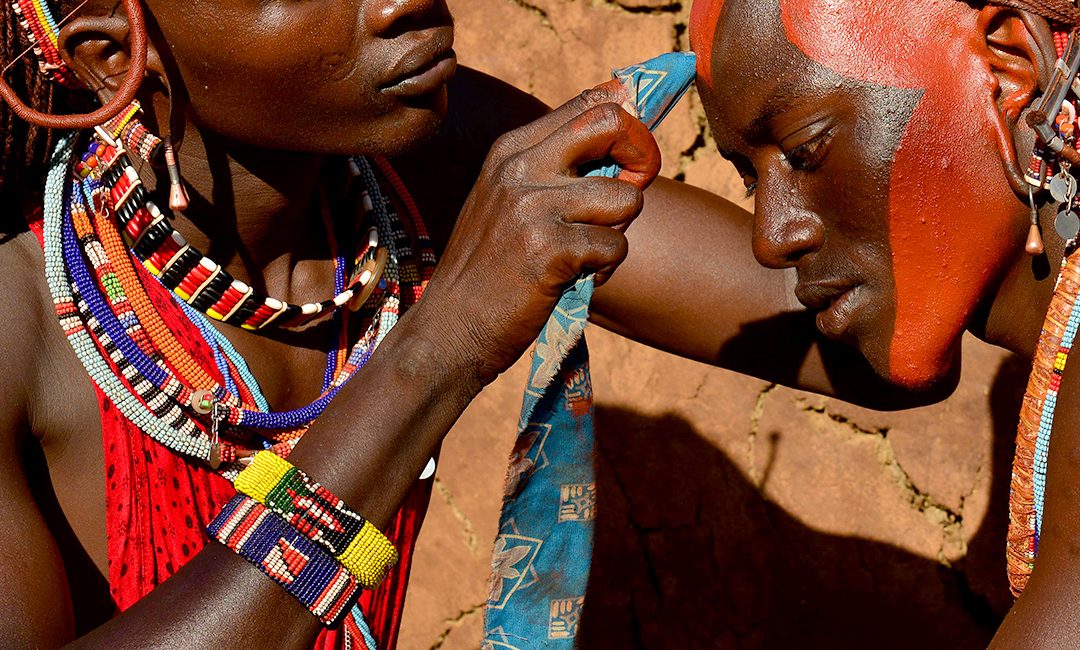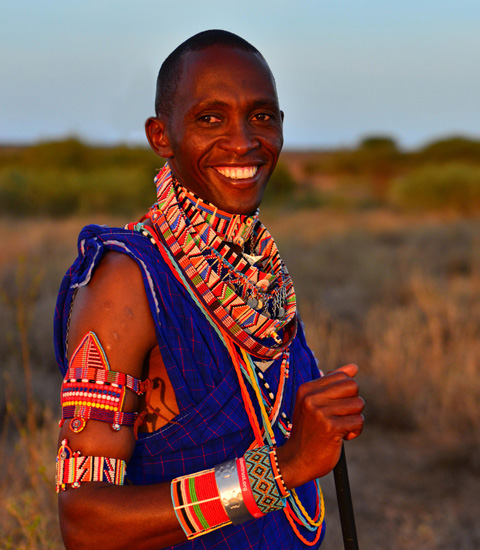By Philip J. Briggs & Luke Maamai On April 28, 2025, Lion Guardians launched a powerful anti-poisoning campaign in the Osewan area—one of the Amboseli ecosystem’s most persistent poisoning hotspots. Since 2009, we’ve documented the deaths of at least 20 lions here due to poisoning, with many more likely going unreported due to the area’s…











